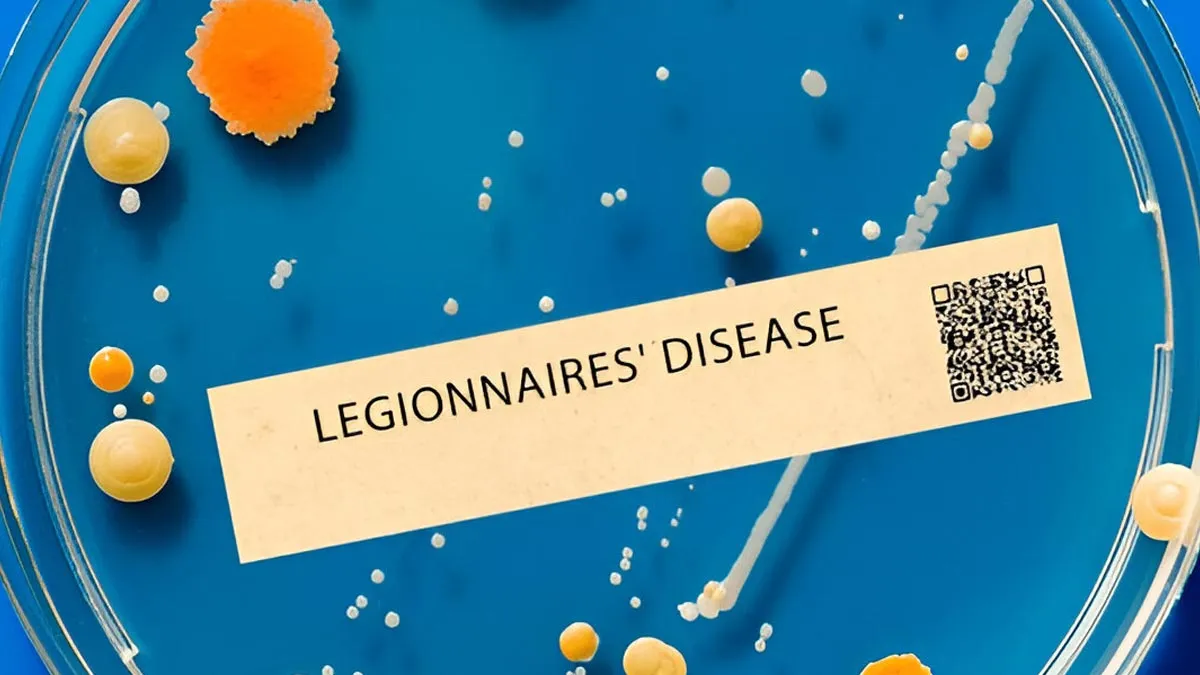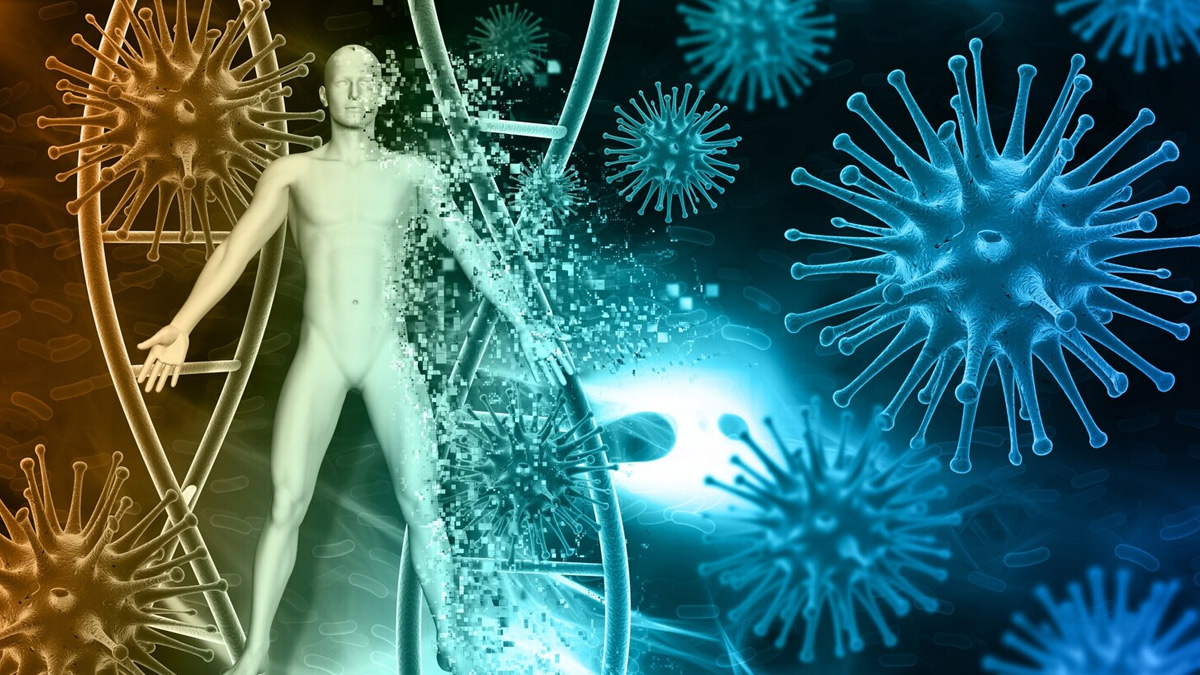
In a shocking report, two people have succumbed to Legionnaires' disease, and 58 others have been infected in New York City. On July 30, health authorities issued an alert warning people living in the Harlem area to immediately report flu-like symptoms to healthcare providers.
Table of Content:-
“People living or working in the area with flu-like symptoms, such as cough, fever, chills, muscle aches, or difficulty breathing, should contact a health care provider immediately,” the department said in an earlier statement on Monday. “It is especially important for people at higher risk, including those ages 50 and older, cigarette smokers, and people with chronic lung disease or compromised immune systems -- to get care if they have symptoms.”
Also Read: Delhi's Monsoon Health Crisis: Cholera And Typhoid Cases On The Rise
What Is Legionnaires' Disease?

Legionnaires' disease is a severe type of pneumonia, or lung infection, caused by Legionella bacteria. First identified in 1976 after an outbreak at an American Legion convention in Philadelphia, it has ever since wreaked havoc in the United States and other countries.
While the disease is not spread from person to person, people can develop the disease by breathing in small droplets of water (aerosols) containing the bacteria, according to the US Centers for Disease Control and Prevention (CDC).
The Legionella bacteria are naturally found in freshwater environments, like lakes and streams. However, the NYC Health website shares a list of Legionella contamination sources, which include cooling towers, showers and hot tubs.
Symptoms Of Legionnaires’ Disease

Symptoms of Legionnaires' disease tend to worsen over the first few days, typically peaking around day 4-6, and then gradually improving. Common symptoms include:
- High fever and chills
- Muscle aches
- A persistent cough
- Headache
- Fatigue
- Shortness of breath
- Gastrointestinal issues like diarrhoea and nausea
- Confusion and mental changes
Risk Factors For Legionnaires’ Disease
According to the CDC, most healthy people do not get sick even if exposed to Legionella. However, people who are most likely to develop the disease include:
- Current or former smokers
- People 50 years or older
- People with specific health issues or conditions like cancer, chronic lung disease, diabetes, kidney failure, liver failure, and weak immune systems.
Also Read: World’s First mRNA Vaccine Against Bubonic Plague: Israeli Scientists Make History
How To Prevent Legionnaires’ Disease

Controlling the spread of Legionella is the best way to prevent Legionnaires' disease. CDC recommends using an effective water management programme, operating and maintaining water devices safely, and more importantly, cleaning and disinfecting devices like cooling towers, hot tubs, and fountains.
There is currently no vaccine or medicine to prevent Legionnaires’ disease, so it is crucial to remain vigilant.
For people in New York City, health officials urge building owners to register cooling towers. "They also need to routinely test the water for the presence of Legionella."
Also watch this video
How we keep this article up to date:
We work with experts and keep a close eye on the latest in health and wellness. Whenever there is a new research or helpful information, we update our articles with accurate and useful advice.
Current Version